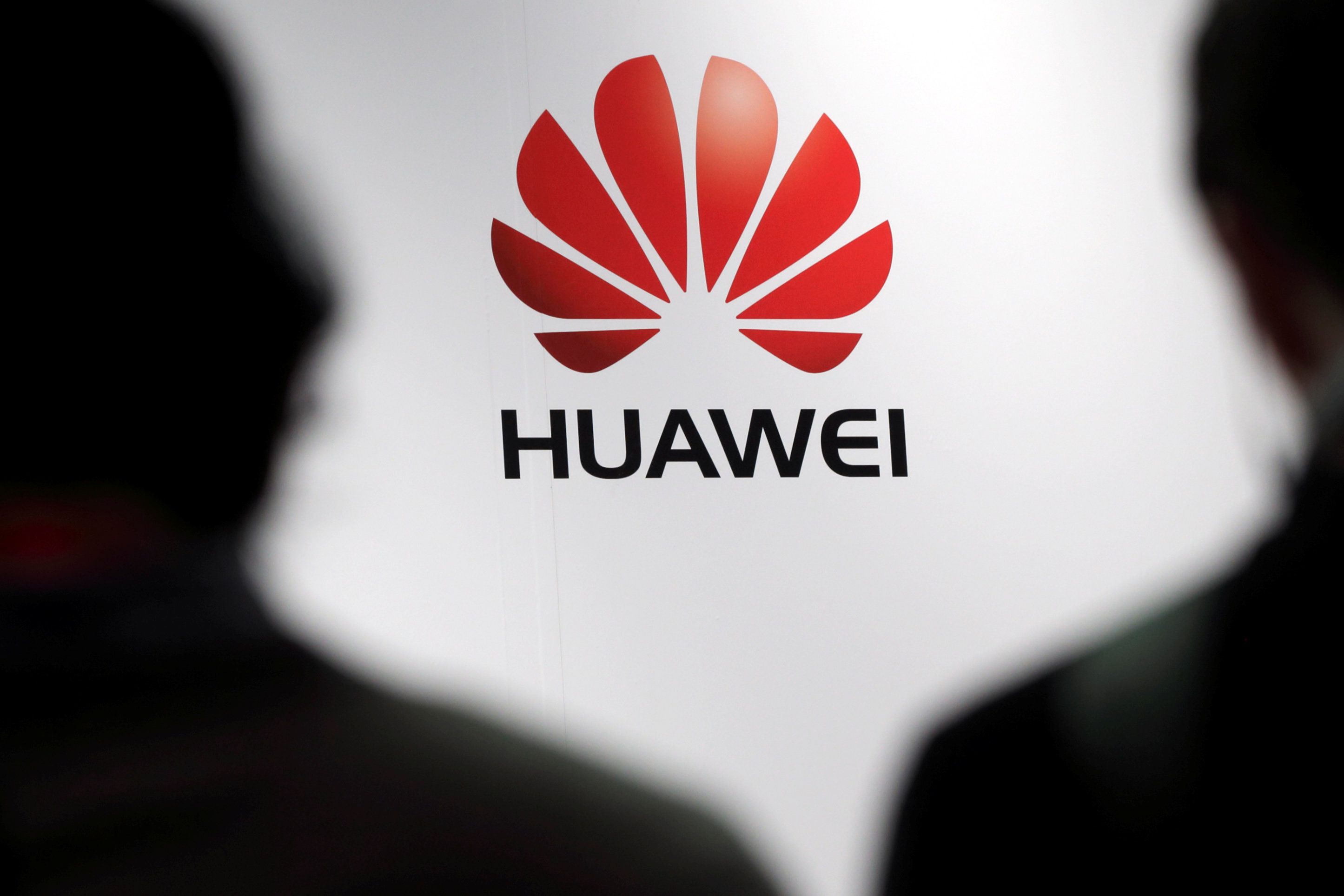May 21, 2019
Back in January, we warned that an intensifying "Tech Cold War" between the US and China over technology and trade could plunge global innovation into a deep freeze as both countries impose fresh restrictions on the free flows of money, people, and information that (throughout history) have powered new ideas.
We're not at the winter solstice of innovation just yet, but the US's move last week to restrict Chinese networking equipment giant Huawei's access to US markets and technology sent an awfully chilly wind through the tech sector.
Here are two ways that a decoupling of the Chinese and American tech sectors could damage innovation in the US:
- Less good money: Huawei spends roughly $10 billion a year buying hardware and software from US firms. Total Chinese tech industry purchases are many times greater than that. A portion of that money is reinvested by Silicon Valley in R&D to help develop the next generation of innovative tech products. If Chinese firms can't – or won't – buy from American companies, a lot of R&D cash will vanish.
- Fewer good brains: US semiconductor companies are already struggling to hire highly coveted Chinese engineers as the Trump administration slow-rolls their visa applications over national security fears. But top tech talent is hard to come by, and there aren't always qualified workers from the US or other countries available to pick up the slack.
The upshot: The United States has plenty of well-founded grievances with how China runs its economy and its increasingly powerful tech sector. But the costs of Washington's more confrontational approach are already becoming apparent. Those costs will rise further if the US and China's deeply linked tech sectors decouple more fully and formally, as some China hawks in the US hope. At what point do the costs start to outweigh the benefits?
More For You
- YouTube
Who decides the boundaries for artificial intelligence, and how do governments ensure public trust? Speaking at the 2026 World Economic Forum in Davos, Arancha González Laya, Dean of the Paris School of International Affairs and former Foreign Minister of Spain, emphasized the importance of clear regulations to maintain trust in technology.
Most Popular
Moldovan President Maia Sandu speaks during a Council of Europe diplomatic conference to launch the International Claims Commission for Ukraine, aimed at handling compensation claims related to Russia's war in Ukraine, in The Hague, Netherlands, December 16, 2025.
REUTERS/Piroschka van de Wouw
The president of the tiny eastern European country has suggested possibly merging with a neighbor.
Hard numbers: US pitches “New Gaza,” Japan paves way for snap elections, “Sinners” smashes records, & More
Jan 23, 2026
Middle East negotiator and son-in-law of President Trump, Jared Kushner talks with Israeli diplomats following a joint press conference in the State Dining Room of the White House in Washington, DC, USA, 29 September 2025.
$25 billion: The minimum amount of investment required to fulfil Jared Kushner’s ambitious property plan for Gaza.
- YouTube
Who decides how much control a country should have over its technology? Speaking at the 2026 World Economic Forum in Davos, former UK Prime Minister Rishi Sunak discussed the balance between national sovereignty and global interdependence.
© 2025 GZERO Media. All Rights Reserved | A Eurasia Group media company.
